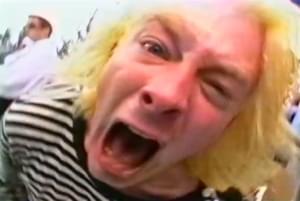

I’ve been using Authelia with several OIDC integrations for a while now. Works great. They’ve released a huge update like a day ago too. Out of the ones you listed, it’s very lightweight too. The docs are a bit all over the place but it is quite comprehensive.
I did look at Zitadel and tried setting it up myself but I just couldn’t get it to work. The docs are a bit vague.













https://grapheneos.org/releases#changelog